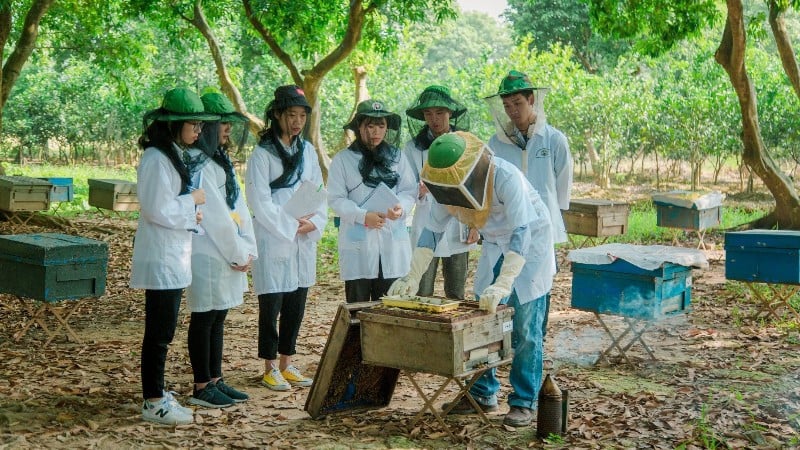
Technical innovation, improving product quality standards
The Center for Bee Research and Tropical Beekeeping (Vietnam Academy of Agriculture) is currently implementing many training courses in localities, while also researching and transferring beekeeping technology, applying management and traceability to ensure product quality.

The Center recently organized a training course in Ninh Binh in late August for OCOP honey subjects from Hung Yen, Ninh Binh provinces, Hanoi and Hai Phong cities.
Training program, instructions on modern beekeeping techniques, using beekeeping boxes for optimal bee colony development, care for each stage, creating queen bees, disease prevention and high-quality honey extraction.
The provinces of Hung Yen, Ninh Binh, Hanoi and Hai Phong are localities and markets with great potential for developing traditional products and consuming typical specialties associated with the place.
Associate Professor, Dr. Pham Hong Thai, Director of the Center for Bee Research and Tropical Apiculture, said: “Honey is a product rich in nutritional and medicinal values, but the more important contribution of bees is the pollination process, helping to maintain crop productivity, protect biodiversity and ensure sustainable food security.”
The development of OCOP honey products therefore does not only stop at economics but also has the meaning of protecting the environment, preserving the ecosystem and improving rural life. Ninh Binh was chosen as a model for the conversion from single-box beekeeping to multi-box beekeeping, proving its effectiveness in increasing productivity and quality.

During the training program in Ninh Binh, Mr. Tran Van Chinh, professional officer in charge of the OCOP program, Office of New Rural Area Coordination of Ninh Binh province said: Local authorities also accompany and guide honey bee farmers in OCOP procedures, support multi-channel promotion, connect consumption through fairs, supermarkets, eco-tourism and e-commerce platforms, creating conditions for OCOP products to reach further and become more professional.

Connecting markets, expanding sustainable consumption
Fruit tree, crop and forestry production areas in many northern localities, the Mekong Delta, the Central Highlands, etc. are creating favorable conditions for beekeeping to develop. However, according to agricultural scientists, the Vietnamese beekeeping industry is currently facing many challenges due to climate change, diseases and outdated production methods.
In this context, the application of modern beekeeping processes has become urgent. According to the National Agricultural Extension Center (Ministry of Agriculture and Environment), the country currently has about 1.5 million bee colonies with more than 34,000 households, with an output of 50,000 to 60,000 tons per year, of which more than 90% is for export. The demand for honey and bee products is increasing due to the trend of preferring natural, organic and healthy products.
Consultant, Dr. Tran Thi Thu Huong (Vietnam Academy of Agriculture) said that beekeeping cooperatives play a key role in technology transfer, production linkage, and product consumption.

The training courses guide product standardization according to three groups of criteria: quality, quality certification and declaration, packaging and labeling; at the same time, popularize technology applications, including AI (ChatGPT) to support beekeepers in accessing new knowledge...
Accompanying beekeeping households, Dr. Dang Quy Nhan, Deputy Head of OCOP Management and Rural Tourism Department, Central Office for New Rural Area Coordination, shared experiences in evaluating and classifying OCOP products, organizing production management and quality management, and at the same time providing guidance on using evaluation software to improve capacity for the subjects.
The OCOP honey training program not only improves quality standards, traceability and increases product value, but also contributes to environmental protection, job creation and improvement of rural life.

In order for the OCOP program to truly spread, localities are innovating production organization, encouraging cooperatives, businesses and people to develop large-scale commodity agriculture. Training sessions help OCOP subjects accumulate knowledge, experience and connections, thereby building a sustainable OCOP honey ecosystem, associated with social responsibility and environmental protection.
The training program aims to standardize OCOP products, apply traceability, expand markets and form national OCOP products.
Associate Professor, Dr. Pham Hong Thai, Director of the Center for Bee Research and Tropical Beekeeping, emphasized the expectation: This series of training activities brings four “better” values to the community.
These are: Better production with modern scientific and technological processes; Better nutrition with clean, pure products, ensuring consumer health; Better environment through balancing the natural ecosystem; Better life when rural people have stable income and increased job opportunities...

Source: https://nhandan.vn/ocop-mat-ong-tu-chuan-hoa-san-xuat-den-mo-rong-thi-truong-post905792.html



![[Photo] Prime Minister Pham Minh Chinh attends the 80th Anniversary of the Vietnam Posts and Telecommunications Group](https://vphoto.vietnam.vn/thumb/1200x675/vietnam/resource/IMAGE/2025/9/6/39a89e5461774c2ca64c006d227c6a4e)
![[Photo] General Secretary To Lam attends the 80th Anniversary of the General Staff of the Vietnam People's Army](https://vphoto.vietnam.vn/thumb/1200x675/vietnam/resource/IMAGE/2025/9/6/126697ab3e904fd68a2a510323659767)

![[Photo] Rescuing people in flooded areas at the foot of Prenn Pass overnight](https://vphoto.vietnam.vn/thumb/1200x675/vietnam/resource/IMAGE/2025/9/6/19095b01eb844de98c406cc135b2f96c)
![[Photo] 80th Anniversary of the General Staff of the Vietnam People's Army](https://vphoto.vietnam.vn/thumb/1200x675/vietnam/resource/IMAGE/2025/9/6/49153e2a2ffc43b7b5b5396399b0c471)

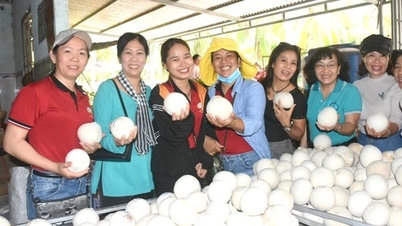



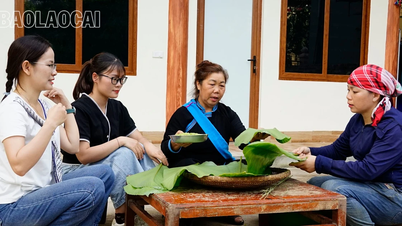

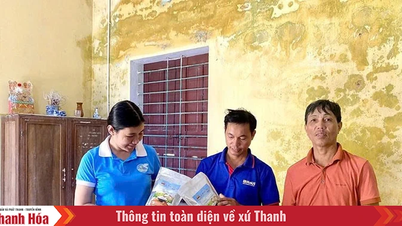

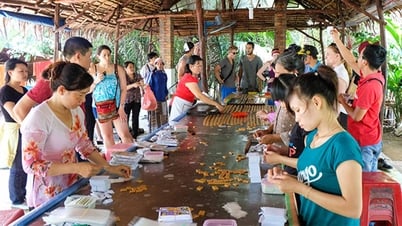

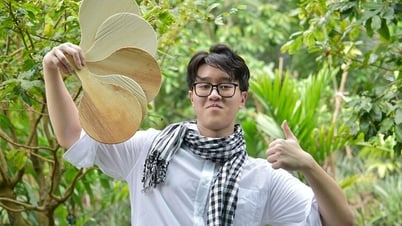






![[Photo] Prime Minister Pham Minh Chinh attends the 80th Anniversary of the Vietnam Posts and Telecommunications Group](https://vphoto.vietnam.vn/thumb/402x226/vietnam/resource/IMAGE/2025/9/6/39a89e5461774c2ca64c006d227c6a4e)




![[Photo] Many people directly experience beloved Uncle Ho and the General Secretaries](https://vphoto.vietnam.vn/thumb/1200x675/vietnam/resource/IMAGE/2025/9/6/2f4d9a1c1ef14be3933dbef3cd5403f6)
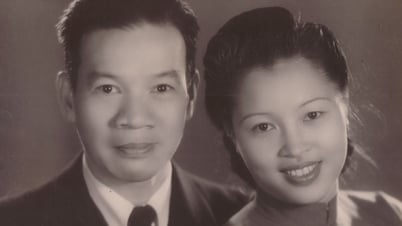







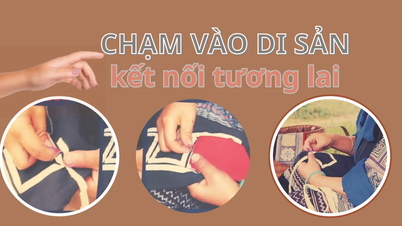




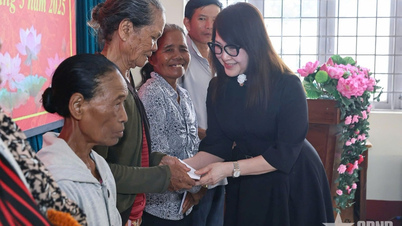








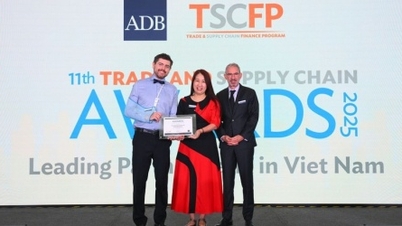

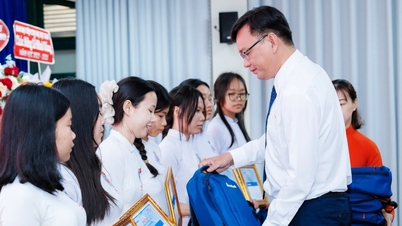

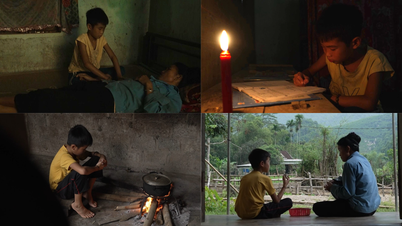


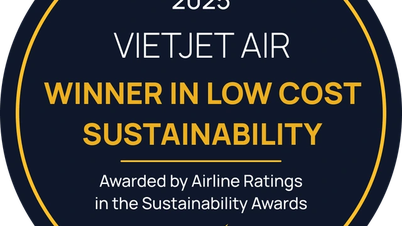







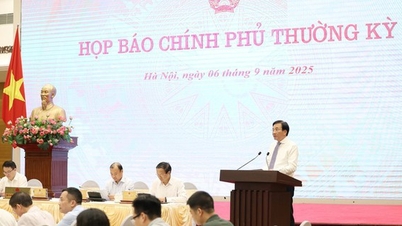







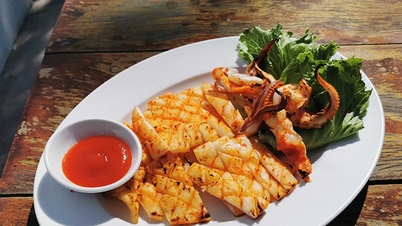



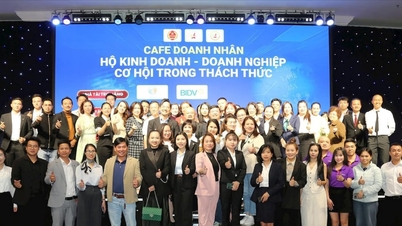

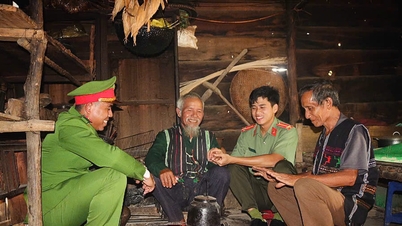

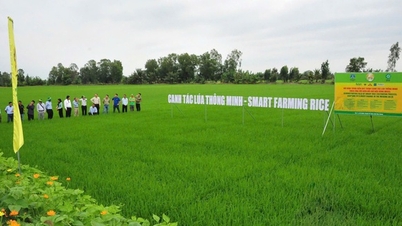

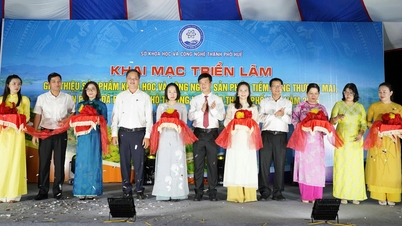





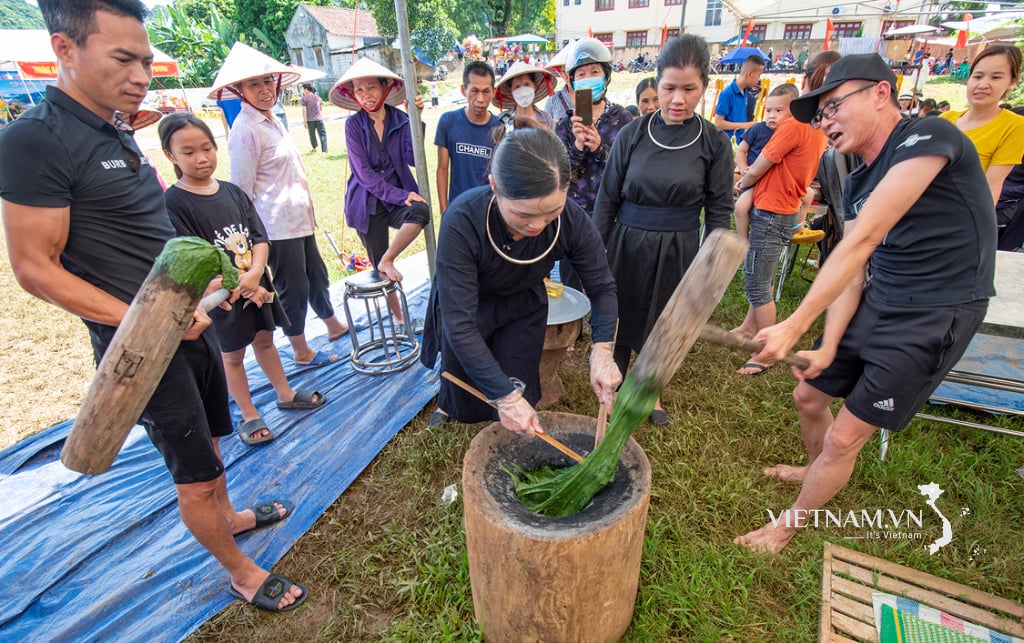

Comment (0)